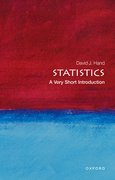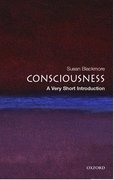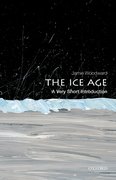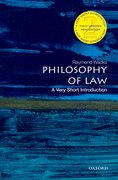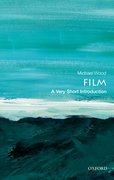Why literary genres matter
By William Allan
One of the most striking aspects of classical literature is its highly developed sense of genre. Of course, a literary work’s genre remains an important factor today: we too distinguish broad categories of poetry, prose, and drama, but also sub-genres (especially within the novel, now the most popular literary form) such as crime, romantic or historical fiction. And we do the same in other creative media, such as film, with thrillers, horrors, westerns, and so on. But classical authors were arguably even more aware than writers of genre fiction are today what forms and conventions applied to the genre they were writing in.


